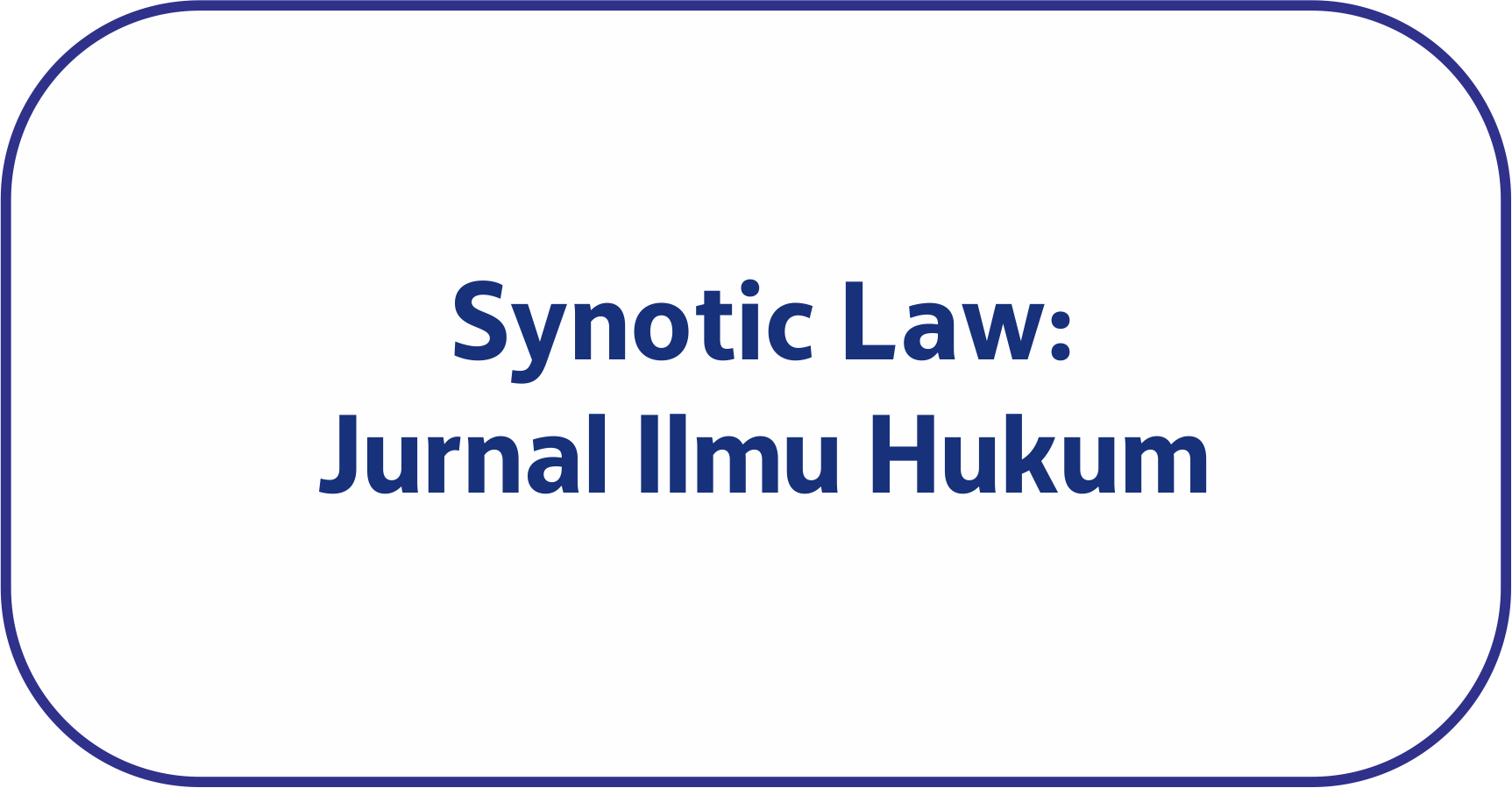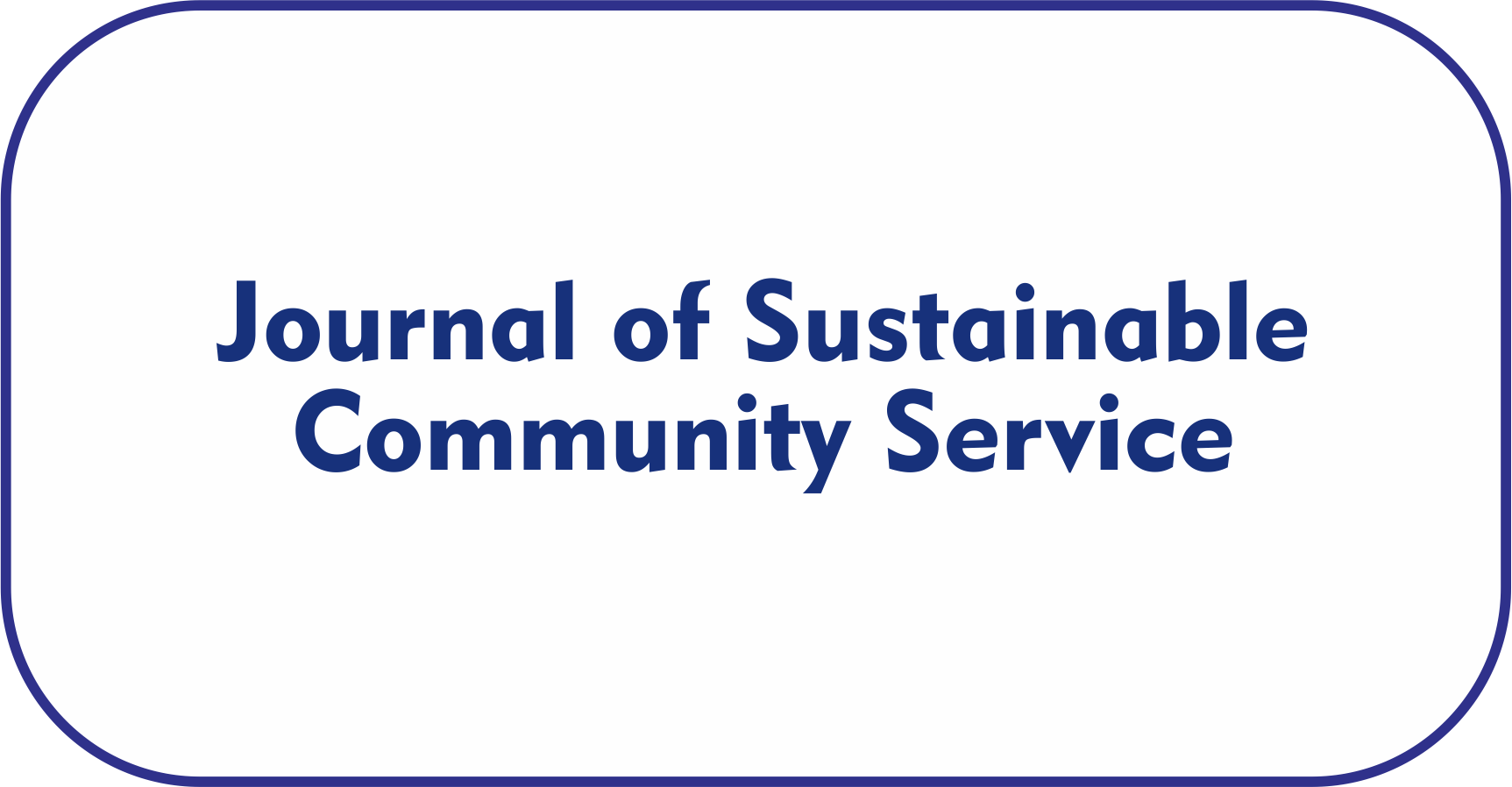The Dynamics of Indonesia’s Sharia Capital Market Development 2014–2024: Opportunities, Challenges, and Strategic Futures
Main Article Content
Siti Umi Nurbaidah*
Rahmat Hidayat
Desmadi Saharuddin
The Indonesian Islamic capital market has experienced significant growth over the past decade, both in terms of the number of Islamic stocks, market capitalisation, and increased investor participation. However, its contribution to the total national capital market remains limited. This study aims to comprehensively examine the dynamics of the development of Indonesia's Islamic capital market from 2014 to 2024 through a SWOT analysis approach and the principles of Islamic maqāṣid. The methodology used is a descriptive-qualitative approach based on literature review and secondary data analysis from the OJK, IDX, and relevant empirical sources. The findings indicate that the Islamic capital market has strengths in terms of ethical values and Islamic compliance, but faces structural challenges such as low literacy and liquidity. Strategic opportunities arise from the integration of Islamic fintech, the development of ESG products, and synergy with the national halal economy. This study contributes to the development of maqāṣid-based policies that not only pursue profitability but also ensure sustainability and socio-economic justice.
Citra, K., Faisal, Y., Wibisono, C., & Sari, E. G. (2021). The Effect of Capital Adequacy, Liquidity and Firm Size on Earnings Management with Corporate Governance as Moderating Variables in Conventional Banking Listed on IDX 2015 – 2019. CASHFLOW : Current Advanced Research on Sharia Finance and Economic Worldwide, 1(1), 33–49. https://doi.org/https://doi.org/10.55047/cashflow.v1i1.20
Hasan, R., Hassan, M. K., & Aliyu, S. (2020). Fintech and Islamic finance: Literature review and research agenda. International Journal of Islamic Economics and Finance (IJIEF), 3(1), 75–94.
Hendra, W. W. A. (2024). Problematika dan Perkembangan Pasar Modal Syariah di Indonesia. Islamic Economics and Business Review, 3(2).
Iqbal, Z., & Mirakhor, A. (2011). An Introduction to Islamic Finance. Wiley. https://doi.org/10.1002/9781118390474
Karadağ, T., & Saraç, M. (2025). The crisis resilience of optimal participation portfolios: A comparison with conventional counterparts on Borsa Istanbul. Borsa Istanbul Review.
Kismawadi, E. R., Irfan, M., & Shaikh, Z. H. (2025). Sustainability Assurance in Islamic Finance: Improving Sharia Compliance and Social Responsibility. In Navigating Trust in Sustainability Reporting and Assurance (pp. 381–408). IGI Global Scientific Publishing.
Putri, D. C., As’adi, F. R. A., Javantara, A. C., Miqdad, M., & Munir, M. B. B. (2024). Capital Market Developments on Indonesia’s Economic Growth in 2019–2023: Challenges and Prospects in the Future. Journal of Management and Islamic Finance, 4(2), 242–255.
Qomariyyah, L., Sari, F. D. A., & Maulana, G. R. (2024). Efektifkah Fintech terhadap perkembangan pasar modal syariah? JIEF Journal of Islamic Economics and Finance, 4(2), 1–11.
Rizal, M., & Soemitra, A. (2022). Fiqh Muamalah In Sharia Capital Market In Indonesia: A Literature Review. Islamic Banking & Economic Law Studies (I-BEST), 1(1), 48–65.
Sholikah, M., Huda, N., Rini, N., Fatwa, N., & Wiliasih, R. (2024). Al Hisbah in Modern Era: Investor Protection Institution in Indonesian Islamic Capital Market. Jurnal Ilmiah Ekonomi Islam, 10(2), 2316–2320.
Zulkhibri, M. (2018). The impact of monetary policy on Islamic bank financing: bank-level evidence from Malaysia. Journal of Economics, Finance and Administrative Science, 23(46), 306–322. https://doi.org/10.1108/JEFAS-01-2018-0011











































